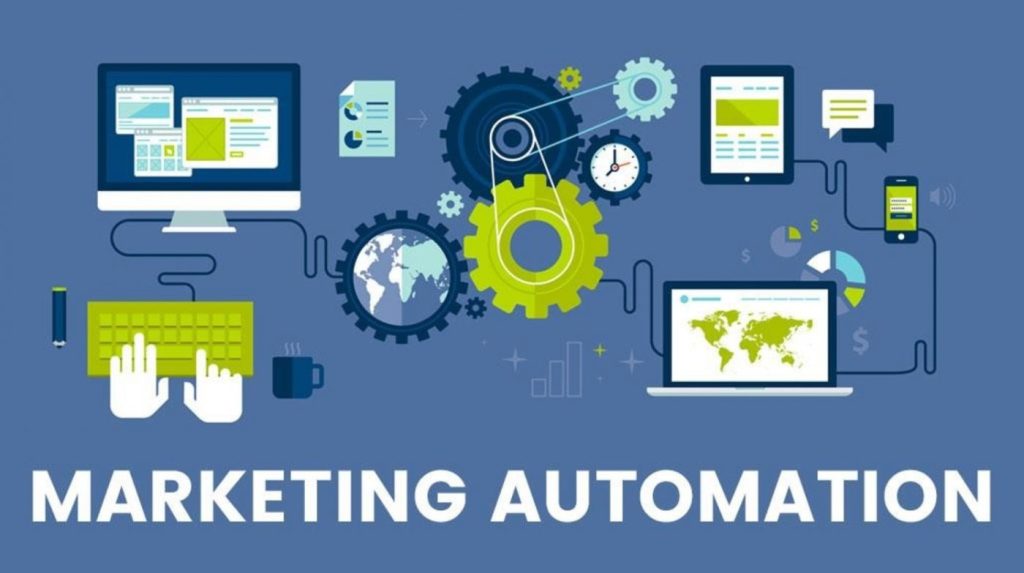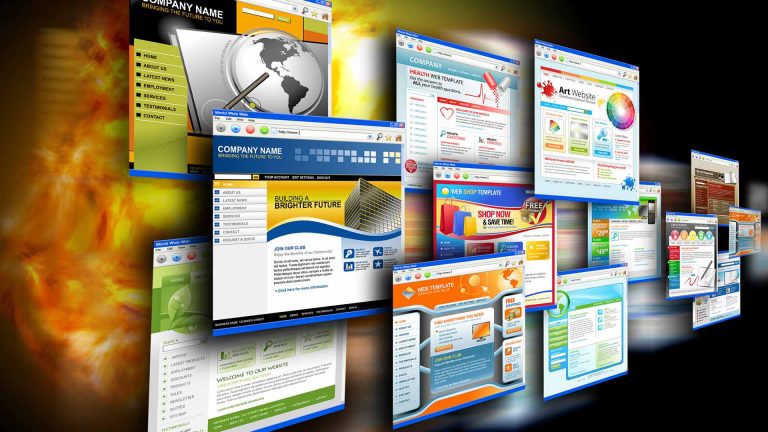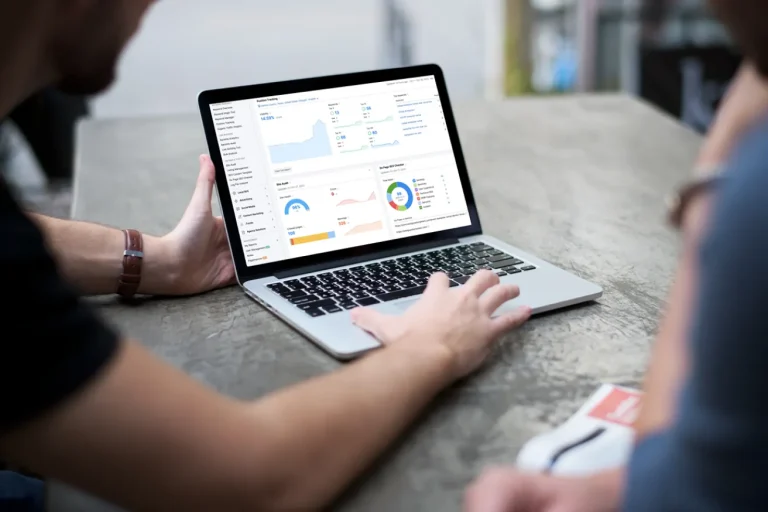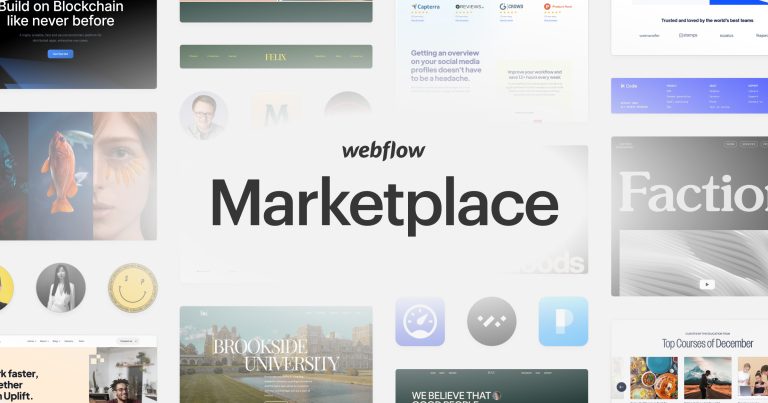7 Pro Tips For Marketing Automation Implementation

Do you want to automate and streamline your marketing tasks and campaigns? Do you want to create personalized and engaging customer experiences? If yes, then you need marketing automation implementation.
Marketing automation implementation is the process of using software to automate and streamline marketing tasks and campaigns across email, web, social media, and text. This can help you increase your ROI, generate and nurture leads, improve customer loyalty, and measure your marketing performance.
In this article, we will share with you 7 pro tips for marketing automation implementation. These tips will help you avoid common pitfalls, overcome challenges, and maximize the benefits of marketing automation for your business.
1. Identify the right tasks to automate
Start by identifying the most repetitive and time-consuming marketing tasks, such as sending emails, posting on social media, updating contact information, etc. These are the tasks that can benefit the most from automation, as they can free up your time and resources for more strategic and creative work.
2. Choose the best marketing automation platform and tools for your needs
Next, choose the best marketing automation platform and tools for your needs. There are many options in the market, each with its own features, benefits, and drawbacks. How do you know which one is the best fit for your business goals, budget, and resources?
Consider the following factors:
- The size and complexity of your marketing operations
- The type and number of marketing channels you use
- The level of customization and integration you need
- The ease of use and learning curve of the platform and tools
- The cost and scalability of the platform and tools
Some of the popular marketing automation platforms and tools include HubSpot, Pardot, Marketing Cloud, Marketo, etc. You can compare their features and reviews online, or consult with us to get a personalized recommendation.
3. Develop a marketing automation strategy
Once you have chosen your marketing automation platform and tools, you need to develop a marketing automation strategy. A marketing automation strategy is a plan that outlines how you will use marketing automation to achieve your marketing goals, such as increasing ROI, generating leads, nurturing prospects, improving customer loyalty, etc.
A marketing automation strategy should include the following elements:
- A clear definition of your marketing goals and KPIs
- A detailed analysis of your customer journey and segments
- A selection of the most relevant and effective marketing channels and campaigns
- A creation of relevant and compelling content and offers
- A setup of triggers and actions for your marketing automation campaigns
- A testing and optimization plan for your marketing automation campaigns
- A measurement and evaluation plan for your marketing automation campaigns
These strategies will help you align your marketing automation efforts with your overall marketing strategy, and ensure that you deliver the right content, to the right person, at the right time, and needs.
4. Implement your marketing automation campaigns
The next step is to implement your marketing automation campaigns, based on your marketing automation strategy. This involves designing and executing your marketing automation campaigns, such as email marketing, social media marketing, content marketing, etc., using your marketing automation platform and tools.
To implement your marketing automation campaigns, you need to follow these steps:
- Create a sales funnel, lead scoring, lead nurturing, demand generation, and lead generation systems, that can help you attract, convert, and retain your customers
- Design and execute your marketing automation campaigns, using your marketing automation platform and tools
- Test and optimize your marketing automation campaigns, using A/B testing, analytics, and feedback
- Measure and evaluate your marketing automation campaigns, using metrics and KPIs, such as visitors, bounce rate, traffic source, conversions, etc.
Implementing your marketing automation campaigns will help you create personalized and engaging customer experiences across your inbound marketing channels, and increase your ROI, lead generation, and customer loyalty.
5. Maintain and update your marketing automation systems
Marketing automation is not a set-it-and-forget-it solution. It requires constant maintenance and updating to keep up with the latest trends, technologies, and best practices. You also need to ensure that your marketing automation systems are secure and compliant, and that you can troubleshoot any issues that may arise.
To maintain and update your marketing automation systems, you need to do the following:
- Monitor and review your marketing automation campaigns and systems regularly, and make adjustments as needed
- Keep up with the latest updates and features of your marketing automation platform and tools, and learn how to use them effectively
- Ensure that your marketing automation systems are compatible and integrated with your other marketing systems, such as websites, CRM systems, social media accounts, etc.
- Ensure that your marketing automation systems are secure and compliant with the relevant regulations and standards, such as GDPR, CCPA, etc.
- Resolve any problems or challenges that you may encounter with your marketing automation systems, such as technical issues, data errors, campaign failures, etc.
Maintaining and updating your marketing automation systems will help you ensure that they are running smoothly and efficiently, and that they are delivering the best results for your business.
6. Partner with a marketing automation expert
One of the best tips for marketing automation implementation is to partner with a marketing automation expert, who can help you with your marketing automation needs, from strategy, to implementation, to support. A marketing automation expert is a professional who has extensive experience and expertise in marketing automation, and who can provide you with the best marketing automation solutions for your needs.
By partnering with a marketing automation expert, you can enjoy the following benefits:
- Save you time and money, by helping you choose and use the best marketing automation platform and tools for your needs, and by providing you with ready-made templates and workflows
- Increase your quality and performance, by helping you design and execute successful marketing automation campaigns, and by providing you with metrics and analytics to measure and improve your marketing automation results
- Provide you with support and guidance, by helping you maintain and update your marketing automation systems, and by providing you with training and advice on how to optimize your marketing automation efforts
7. Learn from the best marketing automation examples
Another tip for marketing automation implementation is to learn from the best marketing automation examples, that can inspire you and show you what is possible with marketing automation. Moreover, you can find many marketing automation examples online, from various industries and sectors, such as e-commerce, education, healthcare, finance, etc.
For instance, some of the best marketing automation examples include:
- Netflix, which uses marketing automation to send personalized emails and notifications to its subscribers, based on their viewing history, preferences, and recommendations
- Airbnb, which uses marketing automation to send automated messages to its hosts and guests, such as booking confirmations, reminders, tips, reviews, etc.
- Amazon, which uses marketing automation to send personalized product recommendations, offers, and discounts to its customers, based on their browsing and purchase history, preferences, and behavior
- HubSpot, which uses marketing automation to send educational and promotional content to its leads and customers, based on their stage in the sales funnel, interests, and needs
- Starbucks, which uses marketing automation to send personalized rewards, coupons, and loyalty programs to its customers, based on their purchase history, preferences, and behavior
Therefore, learning from the best marketing automation examples can help you get ideas and insights on how to use marketing automation for your own business, and how to create unique and memorable customer experiences with marketing automation.
Conclusion
Marketing automation implementation can help you automate and streamline your marketing tasks and campaigns, and create personalized and engaging customer experiences. But it requires careful planning, execution, and maintenance. And that’s why you need us, ONextDigital, the best marketing automation implementation company. Moreover, we can help you with CRM and auto marketing automation solutions, as well as white label software service. Contact us today. ONextDigital is your trusted partner for marketing automation implementation.




